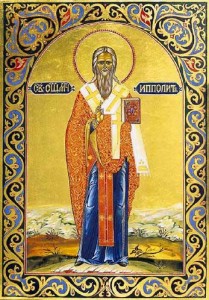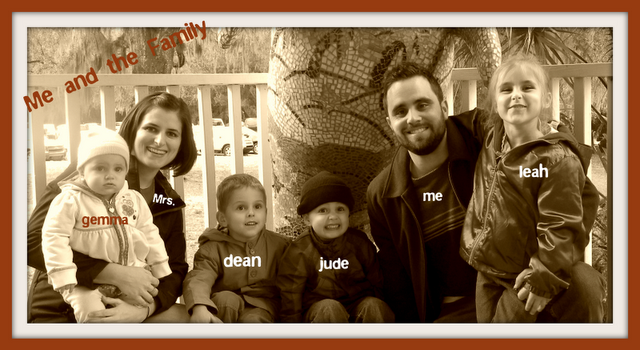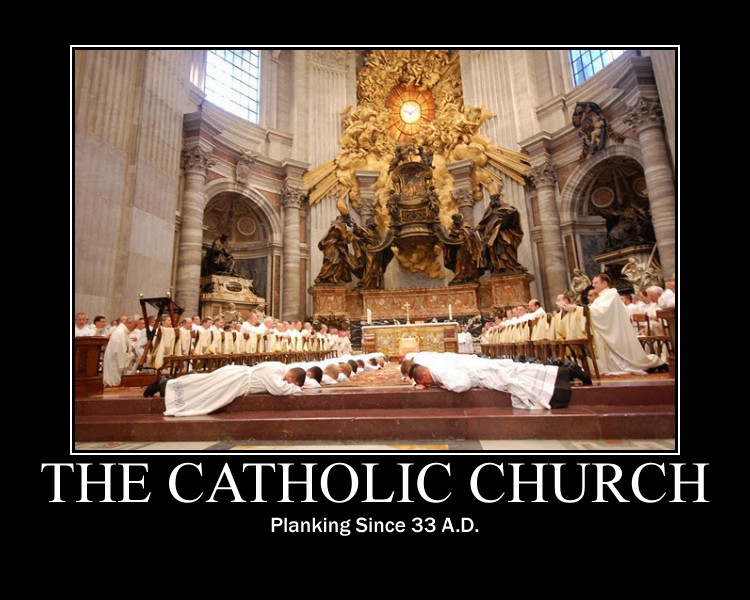Friday Frivolity: Christians Against Turtles
 Oh Christians, must you condemn everything I love?
Oh Christians, must you condemn everything I love?
Taking the Mickey
 It’s known as “The Happiest Place On Earth”…
It’s known as “The Happiest Place On Earth”…
Many of my fellow San Diegans have been shocked when they’ve found out that I’ve lived here for nearly two years and yet never been to Disneyland.
Well, this last weekend I finally went. I had my picture taken in front of the castle. I saw Goofy. I managed not to tut too loudly or roll my eyes or shake my head too much. I went on the rides. I managed to keep my lunch down. I bought mouse ears…
I remember once hearing Greg Proops, an American comedian who performs a lot in England, succinctly explain the difference between the Americans and the English. He said that, to understand the difference between our two peoples, one only has to look at our differing reactions to Disneyland…
The American: “Hey kids! Look! it’s Mickey! He really DOES live here! That is AWESOME! Hey, let’s go get our picture taken with him, c’mon! YEAH!”
The Englishman: “Oh please…”
Worship of St. Hippolytus
 On Thursday we will be continuing the JP2 Group‘s study of worship in the Early Church by reading another extract from the Early Church. This text comes from the writing of Hippolytus of Rome (c AD 170 – 235) entitled “Apostolic Tradition” and was probably written in about AD 215.
On Thursday we will be continuing the JP2 Group‘s study of worship in the Early Church by reading another extract from the Early Church. This text comes from the writing of Hippolytus of Rome (c AD 170 – 235) entitled “Apostolic Tradition” and was probably written in about AD 215.
Bishop: The Lord be with you.
All: And with your spirit.
Bishop: Lift up your hearts.
All: We lift them up to the Lord.
Bishop: Let us give thanks to the Lord.
All: It is proper and right.
Be a man!
This afternoon I wanted to advertise the upcoming Be A Man! event. At the end of this month, Matt Fradd, the most recent addition to the Catholic Answers team, will be recording his latest talk before a live audience of men here in San Diego. Here’s some of the event blurb from the flier:
 In the first part…[Matthew] invites the men to listen to powerful, moving, and often-times hilarious stories. Then, he poses questions to show the men, or perhaps even to convince them, that who they desire to be, and who God commands them to be, is in fact the same man.
In the first part…[Matthew] invites the men to listen to powerful, moving, and often-times hilarious stories. Then, he poses questions to show the men, or perhaps even to convince them, that who they desire to be, and who God commands them to be, is in fact the same man.
In the second part of his talk, Matthew lays out five rules that every man must break (yes, that’s right, break) if he wants to fulfill his deepest desires and follow God’s commands.
Matt really knows what he’s talking about. He’s an Australian who married a Texan and, quite frankly, it doesn’t get much more manly that that!
Accent-uated Differences
I spoke to Matt on the phone a few weeks ago and we bonded over the highlights of Australian culture (Tim Tams and The Castle), as well people’s inability to identify our accents:
The most common question I get asked is “Are you Australian?” Well, my friends, you now have the opportunity to come and hear what a real Australian sounds like.
Wise Words On Wednesday: Authority and Conflict
I’ve given Brent a bit of hard time recently over on Devin’s blog so I thought this week’s quotation should come from him.

This is something great I heard him say during his episode on “The Journey Home”…
“An authority is only as good as its ability to resolve a conflict” – Brent Stubbs
Okay, now go listen to his new podcast with Devin!
Hahn Solo
Love theology. Love music. Love puns.











